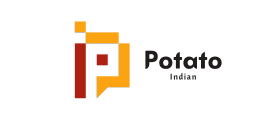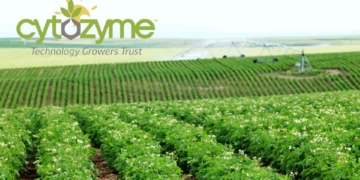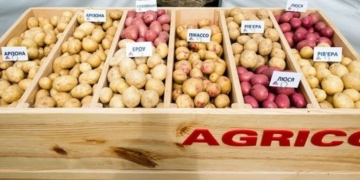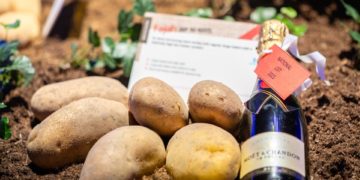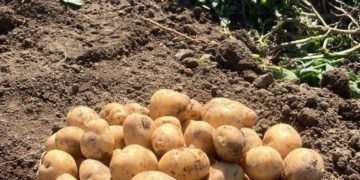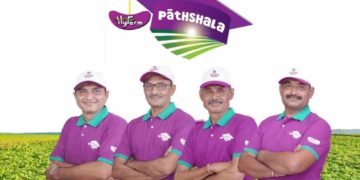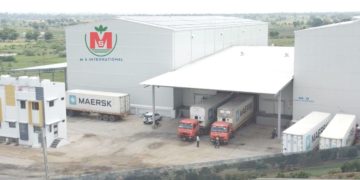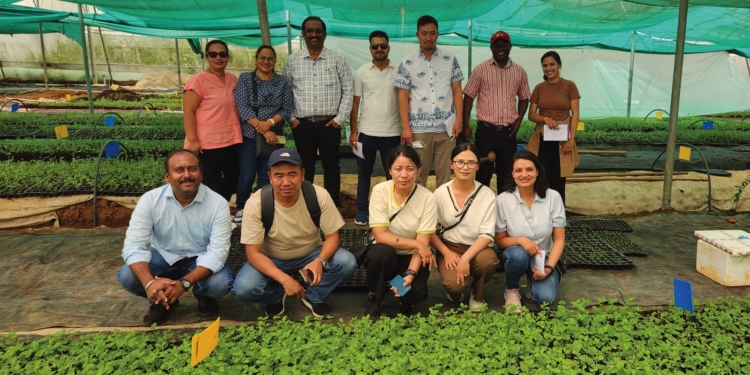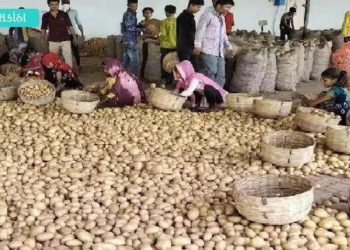In the rugged terrains of Nepal and Bhutan, potatoes have emerged as a cornerstone crop, vital for food security, farmer livelihoods, and economic stability. The unique climate and geographical conditions of these Himalayan nations make potatoes particularly well-suited to their agricultural landscapes.
In Bhutan, the potato sector is a crucial component of the agricultural economy: 22% of farming households are involved in potato cultivation and annual production reaches nearly 38,000 metric tons. Potatoes account for 24% of the total vegetable production and the crop contributes significantly to export earnings, with India being the primary market. Potato cultivation in bhutan has seen a 25% increase in area over the past decade
Nepal’s reliance on potatoes is equally significant. Potatoes contribute over 6% to the agricultural GDP and is the 4th most important crop after rice, maize, and wheat. Annual production has reached approximately 3.1 million tons .The crop is cultivated on about 195,000 hectares and current yields range from 10-17 tons per hectare. The Potato consumption has risen steadily, reaching 26 kg per capita annually
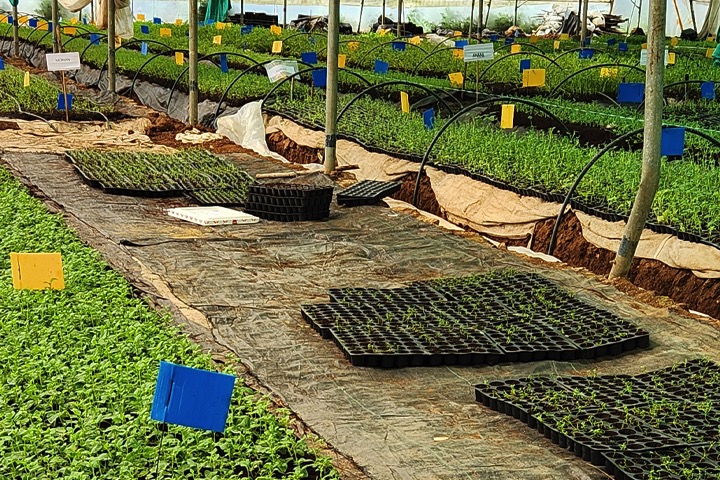
Comprehensive Training Program in Bangalore
CIP organized an intensive three-day training program in Bangalore, India, focusing on two groundbreaking technologies:
1. Rooted Apical Cuttings (RAC) Technology
RAC technology offers several advantages for potato seed production: • Allows for rapid multiplication of new potato varieties • Reduces seed production time by up to 40% • Minimizes exposure to soil-borne diseases • Results in healthier, more affordable seed potatoes • Can increase seed multiplication rates by 10-15 times compared to traditional methods • Particularly beneficial for quickly disseminating new, disease-resistant varieties
2. Loop-Mediated Isothermal Amplification (LAMP) Assay Technology
LAMP assay is a cutting-edge diagnostic tool with significant benefits: • Enables quick detection of plant pathogens, often within 30-60 minutes • Can be performed in field conditions without sophisticated laboratory equipment • Highly specific and sensitive, capable of detecting even low levels of pathogens • Cost-effective compared to traditional PCR-based methods • Crucial for early disease detection and management in seed production systems
The three day training program brought together a diverse group of participants. Four participants from Bhutan (2 male, 2 female) and Four participants from Nepal (3 female, 1 male) in the regionThe training was led by a team of experienced professionals including Dr. Kalpana Sharma (Lead Trainer), Mr. Ravindranath Reddy (Expert Support) and Mr. Elly Atieno (Expert Support)
